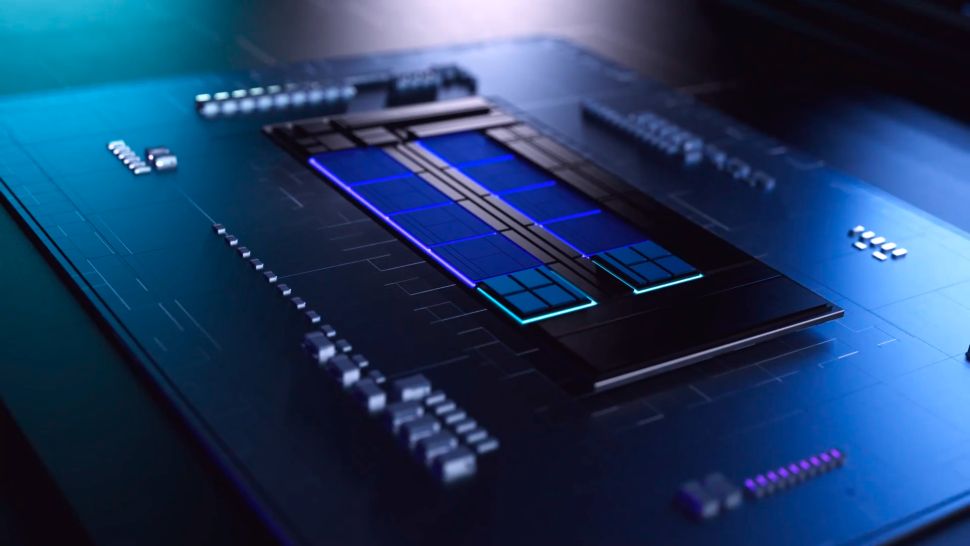More multi-threaded performance for low-power Raptor Lake mobile chips.
A newly undisclosed Raptor Lake mobile part has made its way to the Geekbench browser, in a new listing shared by @BenchLeaks on Twitter involving a Dynabook portable PC. The Core i7-1370P is the successor to the Alder Lake i7-1270P. The most noteworthy upgrade is the addition of two more performance cores, bringing the chip’s core count up to 14 cores and 20 threads in total.
According to the Geekbench listing, the i7-1370P comes with a reported base frequency of 1.9GHz and a boost frequency of 5GHz. Cache sizes include 480KB of L1 cache, 3MB L2, and 24MB L3 cache. As previously stated, the chip comes with 14 cores and 20 threads, broken up into six P-cores and eight E-cores. We don’t know the chip power rating, but we expect it to be somewhere in the 25W range.
The Core i7-1370P was able to hit 1,655 points in the single-core benchmark, and 10,184 points in the multi-core result. To compare, we took more than a dozen Geekbench 5 benchmark results of previous-gen i7-1270P systems and averaged them together, resulting in a single-core score of 1,594 and a multi-core result of 7,092.
That gives the i7-1370P 3.6% higher performance than the 1270P in the single-core test, with a much more substantial 30% gain in the multi-core test. The additional two P-cores help a lot here, with the multi-threaded results being significantly faster than the single-threaded score.
Geekbench isn’t generally the best way to measure performance, especially as we’re dealing with a plethora of different laptop configurations. These can have varying power and thermal behaviors, which can significantly alter the performance characteristics of Intel’s mobile chips. While the score comparisons aren’t perfect, they should provide a reasonable performance estimate — at least when it comes to Geekbench.
The Raptor Lake i7-1370P appears to focus mostly on improved multi-threaded performance upgrades thanks to its two additional P-cores. Surprisingly, single threaded performance appears to be mostly unchanged, despite the fact Intel improved Raptor Lake’s clock speed potential significantly over Alder Lake. But that appears to mostly be the case with higher power chips.
The Core i7-1270P has a boost clock of 4.8 GHz on its P-cores, compared to a potential 5.0 GHz on the 1370P. That’s a 4.2% increase, so it tracks pretty closely with the single-threaded gains. We’ll have to wait for review samples of i7-1370P laptops to hit our labs to make a final conclusion.


